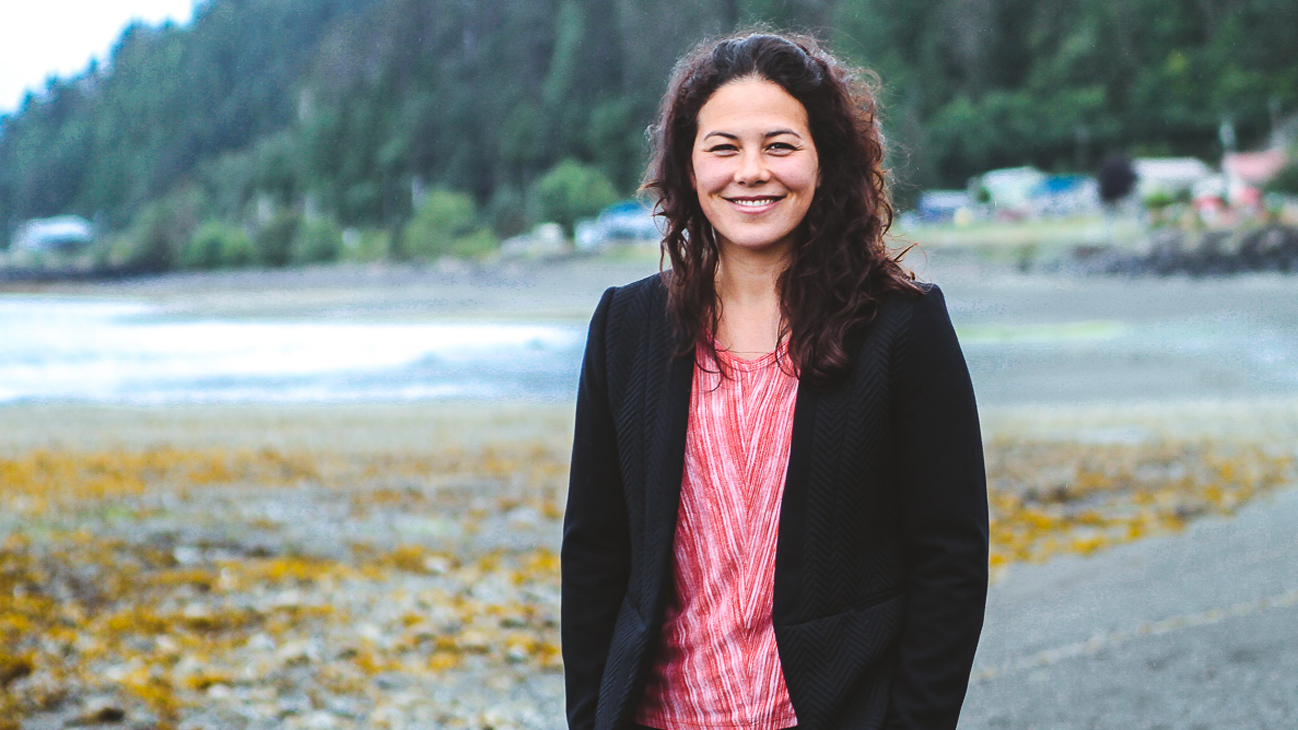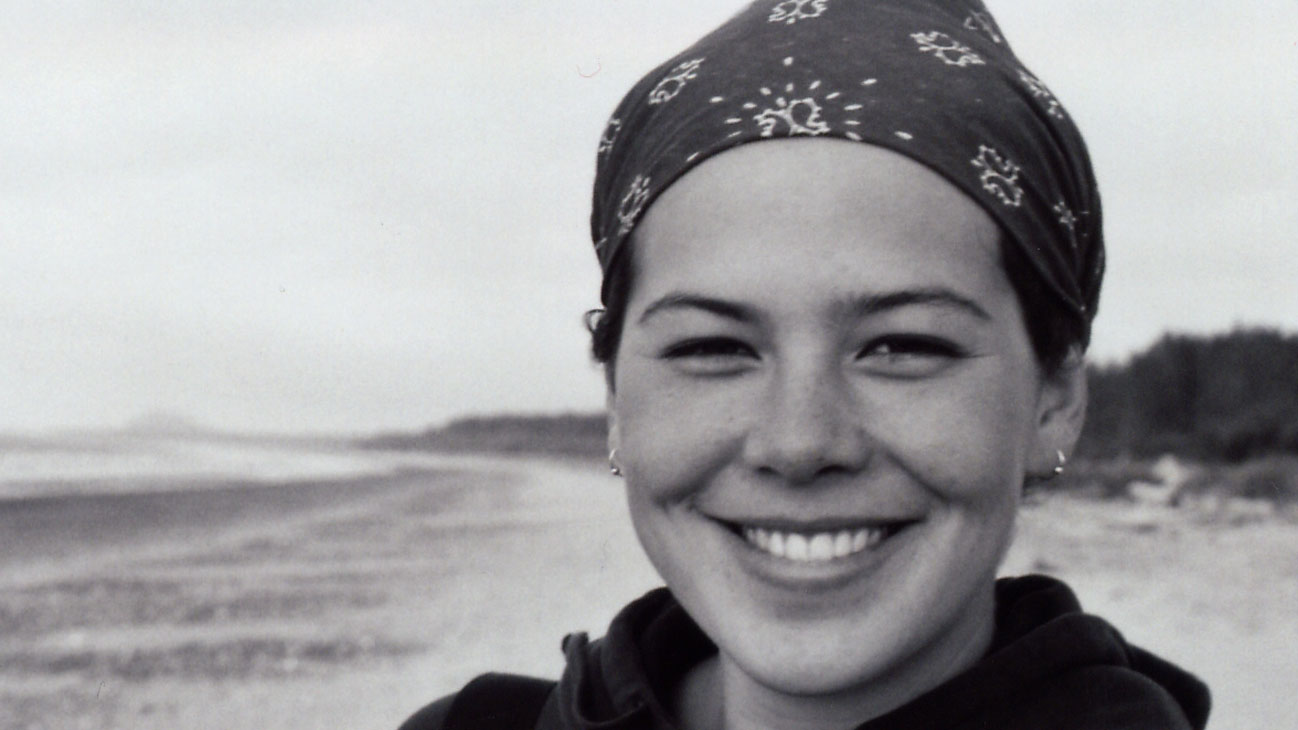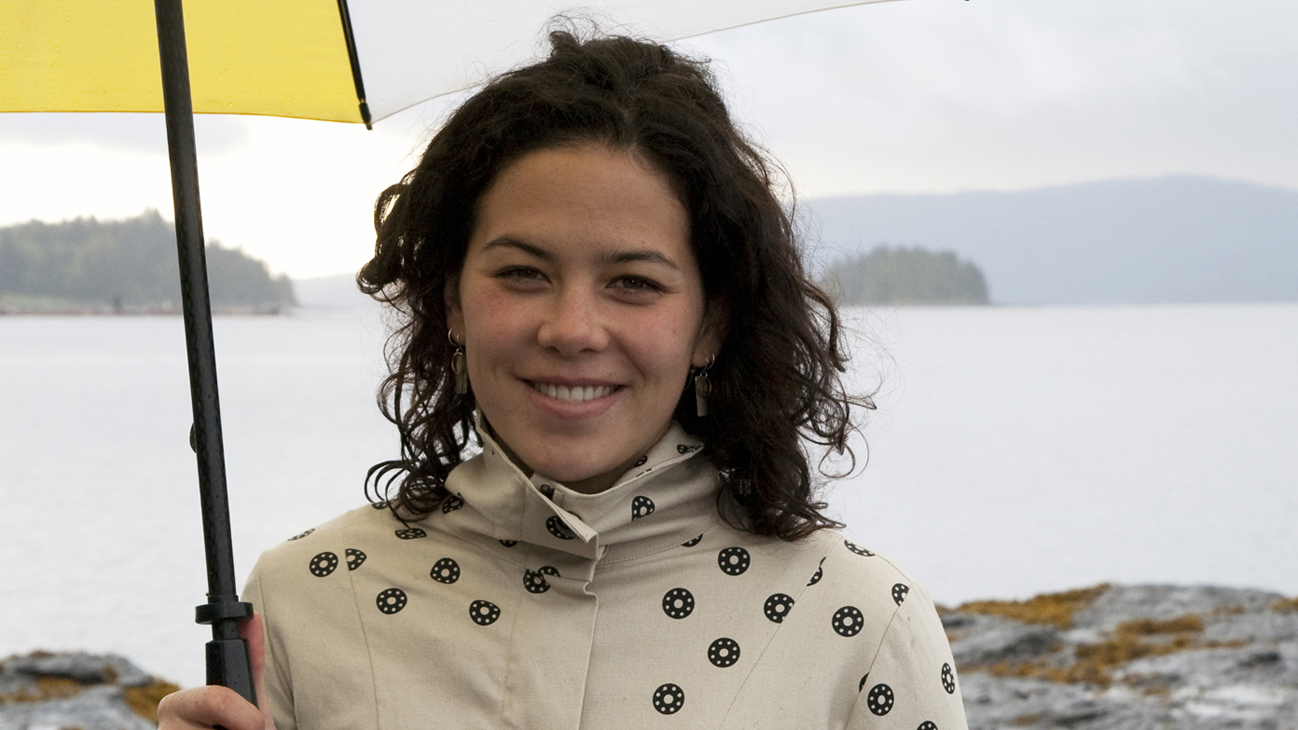At just 12 years old, Severn Cullis-Suzuki gained international attention when she delivered her famous speech at the Rio Earth Summit, pleading for the delegates to preserve the planet. Since then, Cullis-Suzuki has continued to advocate for intergenerational justice — justice for future generations — speaking to audiences around the world about the necessity of returning to our deepest human values and acting with the future in mind when it comes to environmental sustainability.
As a teenager, Cullis-Suzuki was appointed to the Earth Charter Commission to help produce a universal set of guidelines for human conduct with respect to the planet. This Charter has gained traction in communities and countries around the world, and today Cullis-Suzuki remains a council member of Earth Charter International.
In 2000, Cullis-Suzuki spearheaded Powershift 2000, a cycling trip across Canada for clean air and climate change awareness, and the recognition of responsibility pledge, which she brought to the World Summit on Sustainable Development in Johannesburg 2002. She acted as a special advisor to the Secretary General. The presentation (and the journey to making it) was the subject of a documentary film that aired on CBC’s The Nature of Things. Ten years later, Cullis-Suzuki returned to Rio once again for the UN Rio+20 conference as a Champion for the youth group, WE CANada.
Cullis-Suzuki has published several books including The Day You Will Change the World, and is one of the authors and editors of the book, Notes from Canada’s Young Activists. She has also collaborated with filmmakers on several documentaries, including Jean Paul Jaud’s film Severn: La Voix de Nos Enfants, and hosted the TV show Suzuki’s NatureQuest and the water-focused TV series Samaqan: Water Stories for four seasons on Canada’s Aboriginal People’s Television Network (APTN).
Cullis-Suzuki is an Action Canada Fellow (‘04-‘05), and previously was a board member of the David Suzuki Foundation for 14 years and a founding member of the Haida Gwaii Higher Education Society. Today, she is focused on the nexus of decline in diversity of biodiversity, worldviews, economies, language, traditional knowledge, and identity.
A graduate of Yale University in ecology and evolutionary biology, Cullis-Suzuki also has a Master’s of Science in ethnoecology from the University of Victoria. She is currently a Vanier and Public Scholar pursuing her doctorate in endangered language revitalization.
For presenting her speech in Rio, Cullis-Suzuki received the UN Environment Program’s Global 500 Award.




